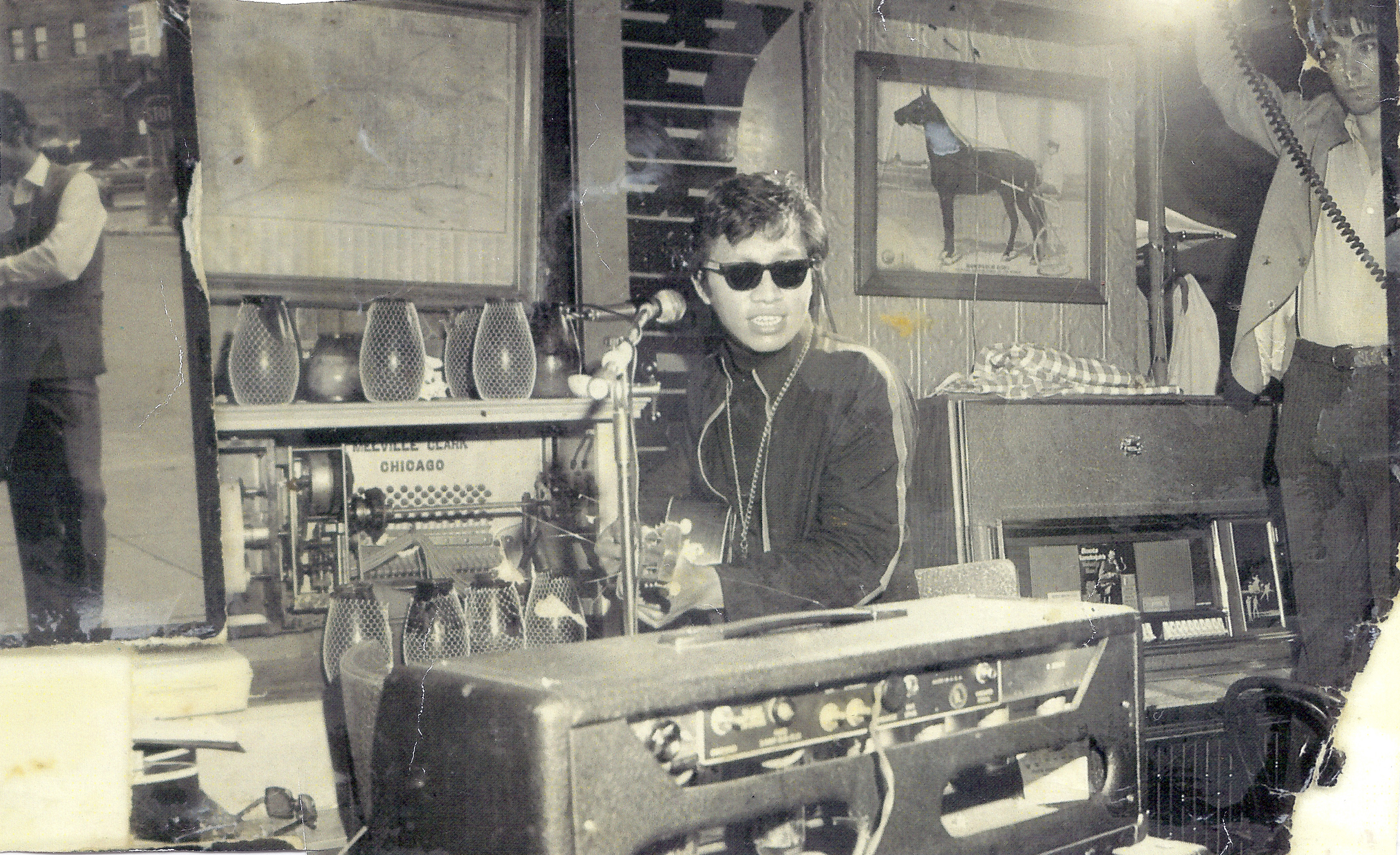For all its sanctimony and self-proclaimed open-mindedness, the Seattle music scene has a dirty little secret. It’s called bigotry. No, not racial bigotry. Religious bigotry. Many people in the local music scene who would would be appalled by the notion that someone would dismiss an artist for being black, don’t give artists on Christian labels the time of day simply because of their religious association.
When I worked at Tooth & Nail Records, a local “Christian” label, in the late ’90s to early ’00s, I was familiar with and wrote several album bios for the Danielson Famile. At the time Sufjan Stevens was a young apprentice to the band, and I got to witness the release of his own work on his own label and hear the awesome outcome of his relationships touring and recording with musicians from Seattle (and elsewhere).
This was a time when the local indie/alt-rock scene had many Christians participating in it, mixed up with the straight-edge/all-ages scene: Players in pop-punk MXPX, hardcore-cum-goth Ninety Pound Wuss, and math-rock vets Roadside Monument were all successful. They were often musically idiosyncratic, but personally orthodox in faith. This chafed writers at places like The Rocket, but it was “allowed.” These were the first believers to work with producers like Rob Weston, Steve Albini, Phil Ek, and others in the general music scene. A bridge genuinely existed between artists who are Christian and general-market music-makers.
Even recently, the thoughtful post-emo group mewithoutYou has been ferociously embraced by new-music fans no matter what their beliefs, and the label for their first few releases was Tooth & Nail. It’s arguable that there are other artists around now whom local music listeners would be passionate about if they had as much exposure to them as Seattle indie-music fans did in the late ’90s. But you won’t hear about them in the mainstream music press anymore, or on rock radio.
It’s not as though a bunch of Christian kids went insane and started putting out avant-garde records for a time, and then stopped attempting to be creative and connected. But a wall has gone up between secular listeners and labels of Christian association. Fans of KEXP and the indie-rock press still listen to a lot of music made by Christians—it’s just that those artists had to leave the Christian-music industry to get that attention. Stevens, for example, is a favorite in the local and national rock scene, and became a bellwether, taking a flock of believers and nonbelievers into new general-market territory.
The treasures of your heart can be found in what, with talent, you can produce. And you can disagree with an artist’s beliefs and still deeply dig their work. But I argue that the amount you hate what you perceive as someone’s God will influence how much you love his or her music.







